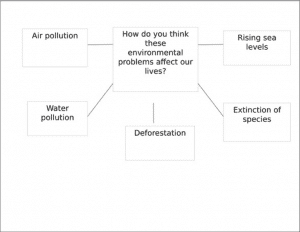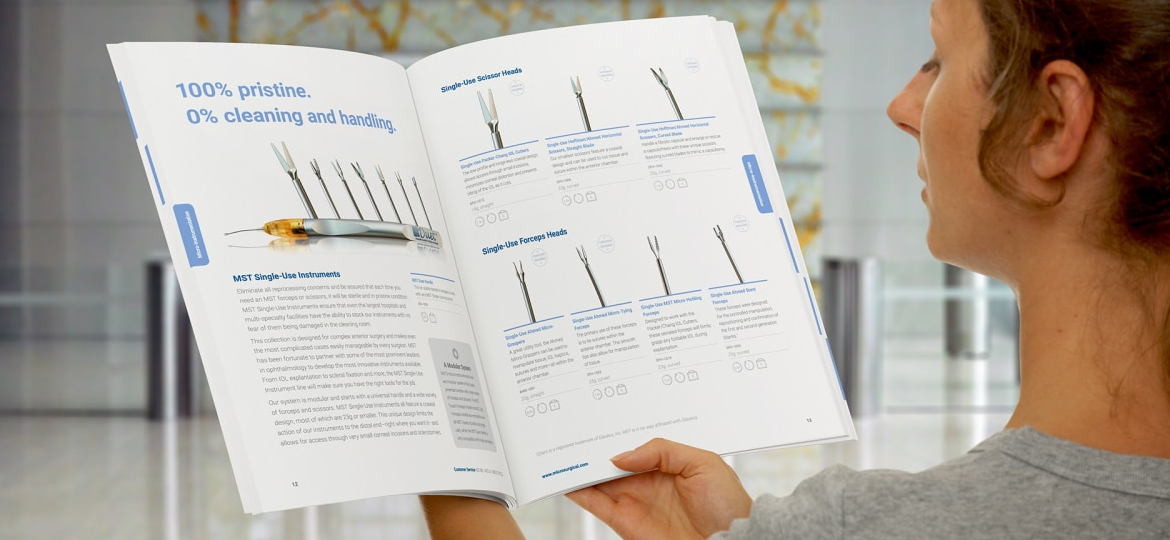First Certificate in English (FCE) Speaking Part Three
What will it be like when I enter the room?
You are not going to be on your own. There are going to be two examiners, you and another test candidate. One of the examiners is going to do the talking, and the other examiner is observing. This is done to allow for more interactive, conversational activities and assessment. It is essential to master this part of the Cambridge B2:First in order to obtain a good score.
Part Three- collaborative task

In this speaking part, you and the other candidate converse and come to a decision regarding material and a task that the examiner has given you.
This section assesses your ability to exchange ideas, to express opinions and to provide justification for them. Moreover, you will be judged on your ability to agree, disagree, suggest, speculate and evaluate in order to reach a decision through negotiation. You are not trying to defeat the other candidate; it’s a discussion with him or her. This section takes approximately 3 minutes: a 2-minute discussion that is followed by a 1-minute decision-making task.
What sorts of tasks are involved?
You will have five points relating to a question. You have two minutes to briefly examine each one. Then you have one minute to decide which one would be best. For example, you will see something like this card below:

You need to briefly discuss the five points with the other candidate to get an idea of what each of you thinks. Then you would need to discuss and come to some kind of agreement, if possible, as to which of the points is most important with regards to the central question.
Watch out!
Don’t needlessly repeat what is on the prompt cards or summarize what the other candidate says every time. That wastes precious time. Three minutes may seem like a long time, but to go over five points and then discuss which one you think is most important takes up the time. You need to be concise.
What are some ways that can I practice?
Read and become familiar with topics that are often in the English language media such as the environment, global warning, globalization, sports and celebrities and their impact on people, social media, etc. The BBC has an English learner’s webpage that has different levels with activities for topics that are often in the news. This will expose you to the topics so that when you see one of the above question cards for part three, you will have something to say and know what words and phrases to use.
Taking an FCE preparation course at a language school is probably the best way to practice for this part since you need to be able to conduct an objective discussion while being timed. If you would prefer to hire a tutor for private lessons, then you need to have a partner or get the tutor to pair you with someone as listening to and replying to another person’s opinions is necessary. Additionally, watch some of the videos that are available on YouTube to get an idea of what it would be like in an actual test.
Learn the phrases for disagreeing, agreeing, suggesting and exemplifying such as:
Disagreeing
- I see your point, but…
- That’s an interesting idea, but…
Suggesting
- Maybe we could…
- I think…
Agreeing
- That’s a good idea.
- I think your right.
Exemplifying
- For example, we could…
- Such as…
Some tips for part three

- There are no right or wrong answers; there are only good or bad discussions
- Don’t panic if you make a mistake; you have time to recover or say something else
- Pay attention when the other candidate is speaking as you need to interact with him or her
- Be patient if the other person is hesitant or lacks speaking ability
- Negotiate with the other person with reason and examples. You can’t simply say something is better without explaining why
- Don’t worry if the other person is aggressive in giving their opinions. It isn’t about ‘winning’ an argument
- Don’t be afraid to comment and speculate.



